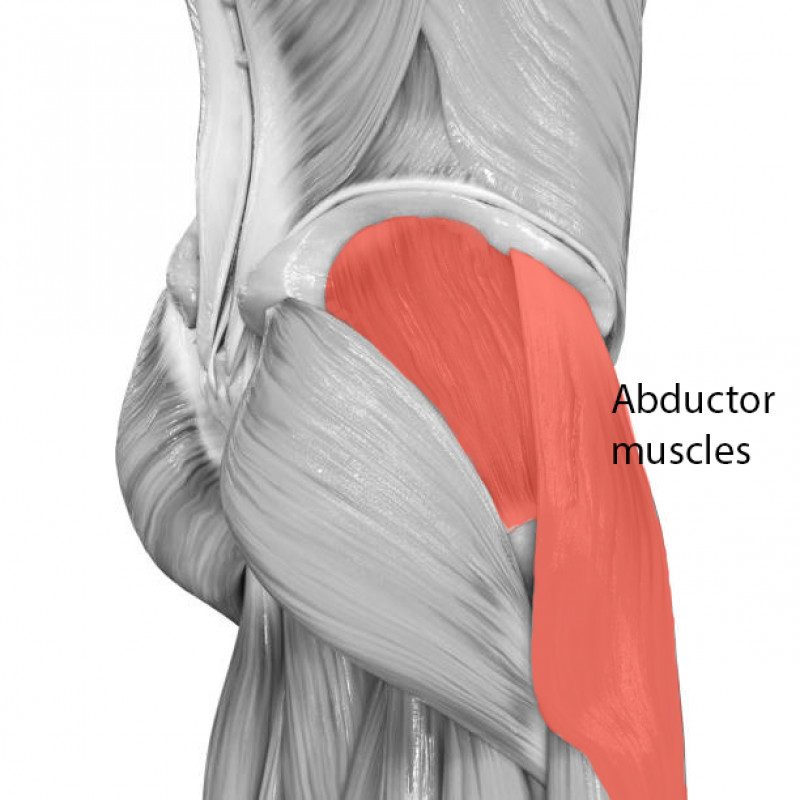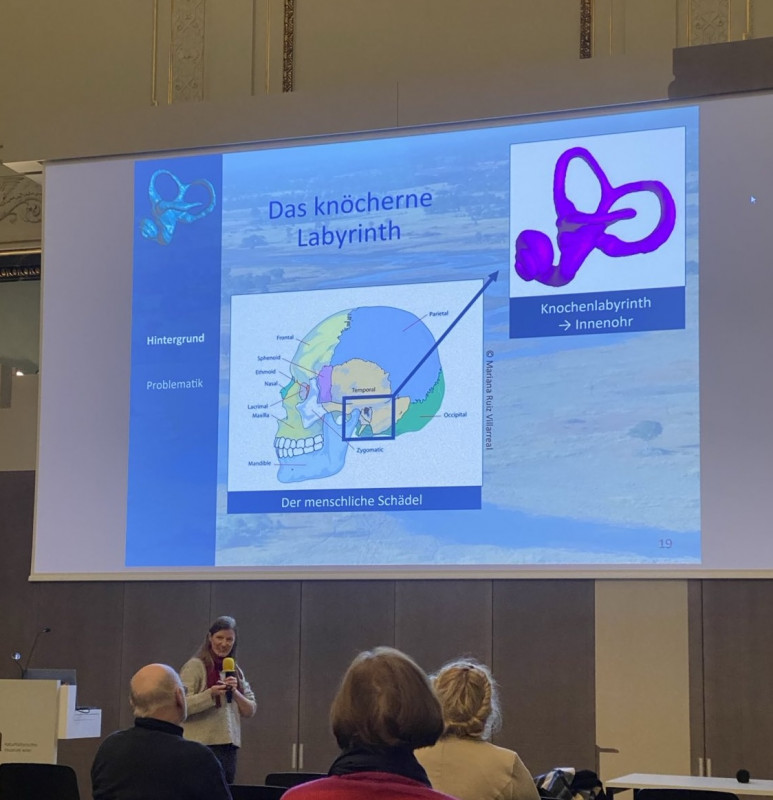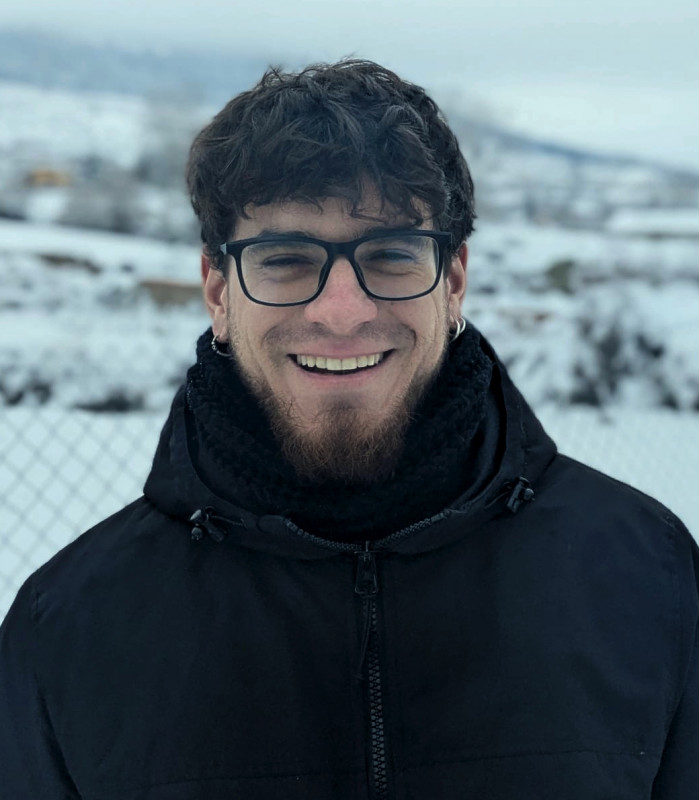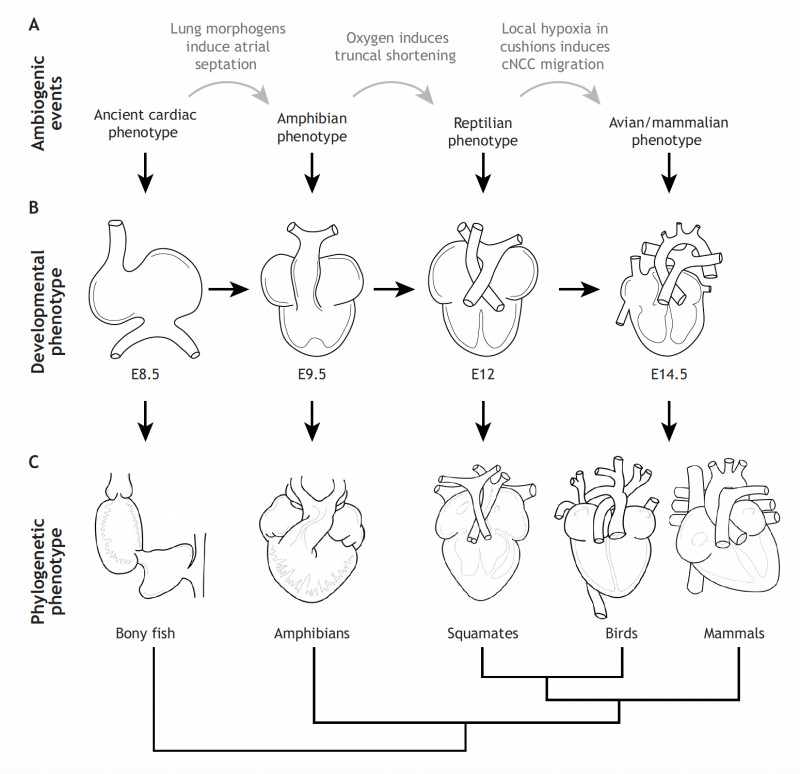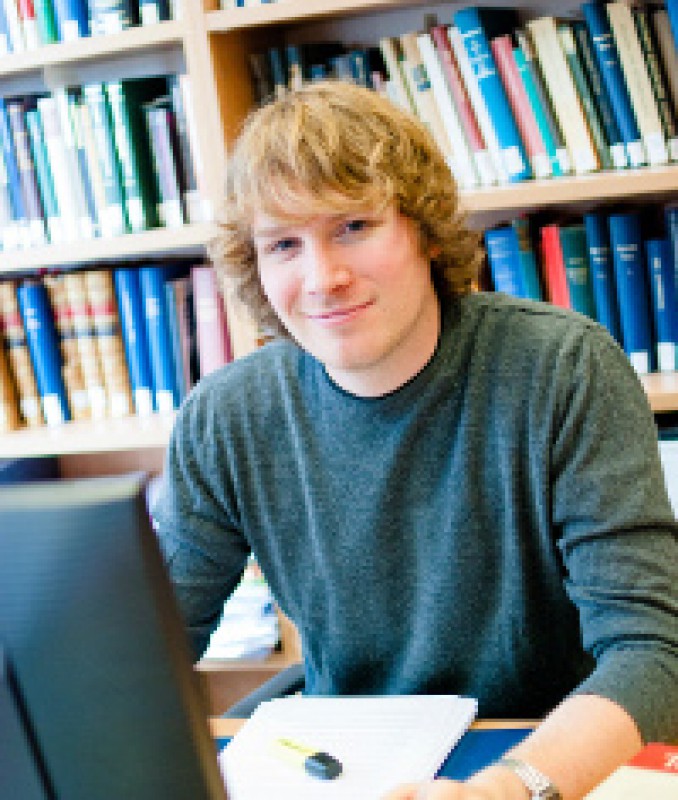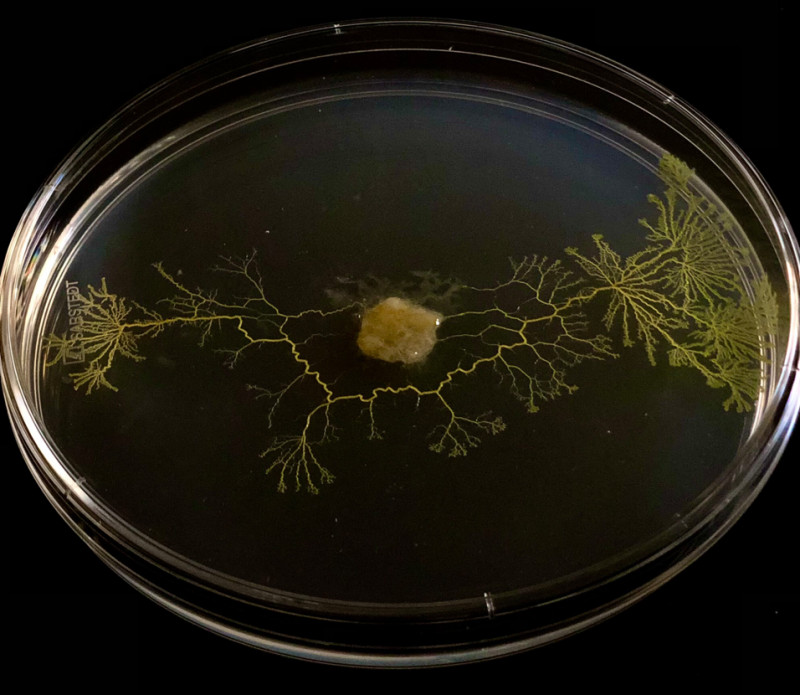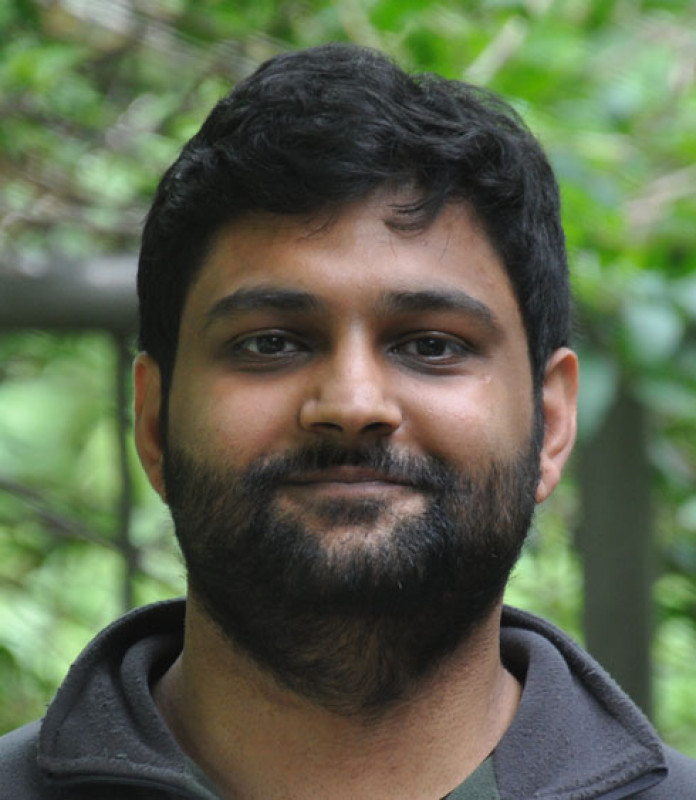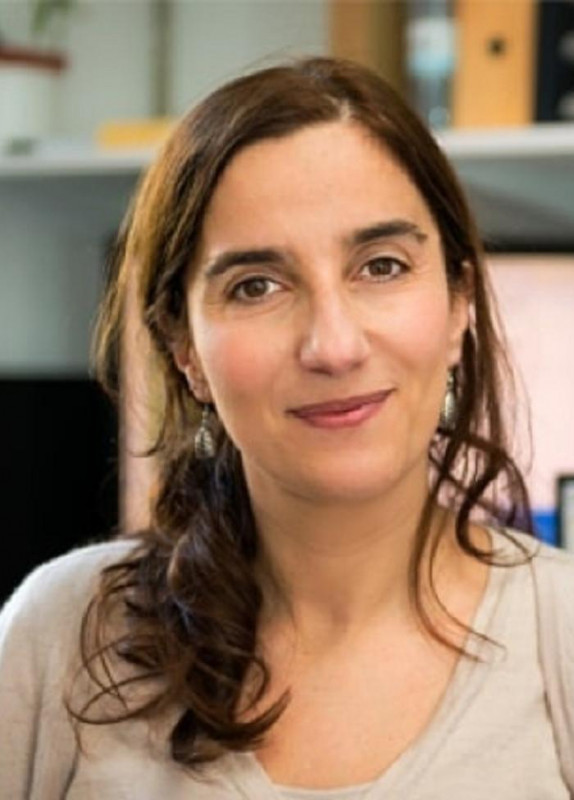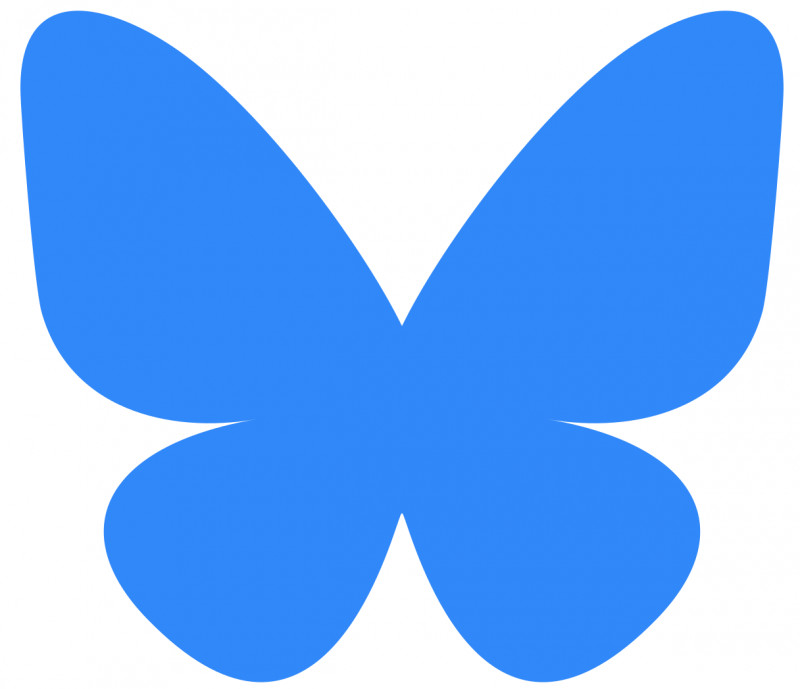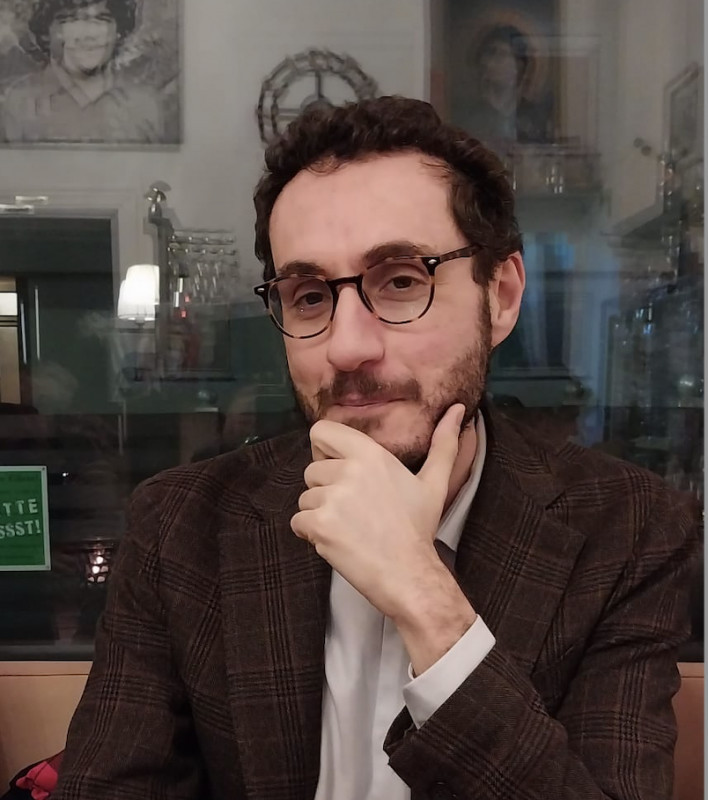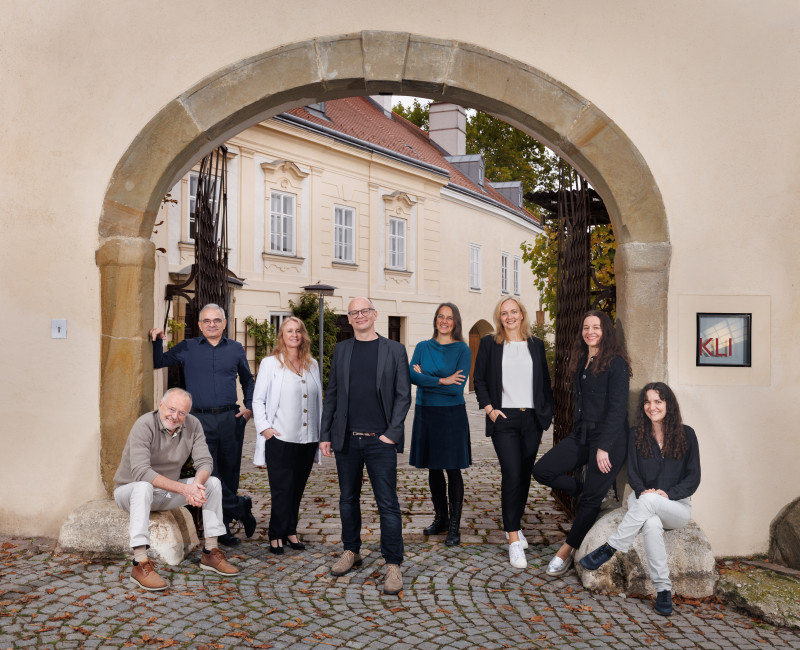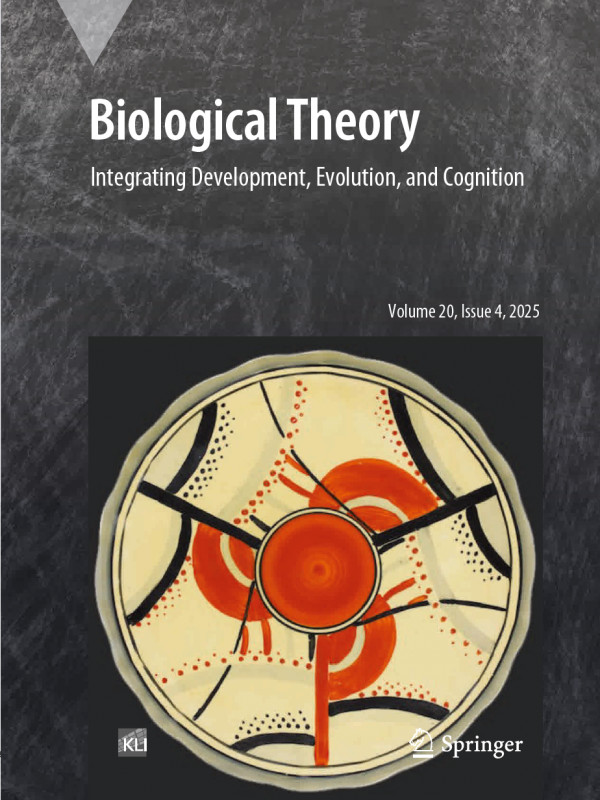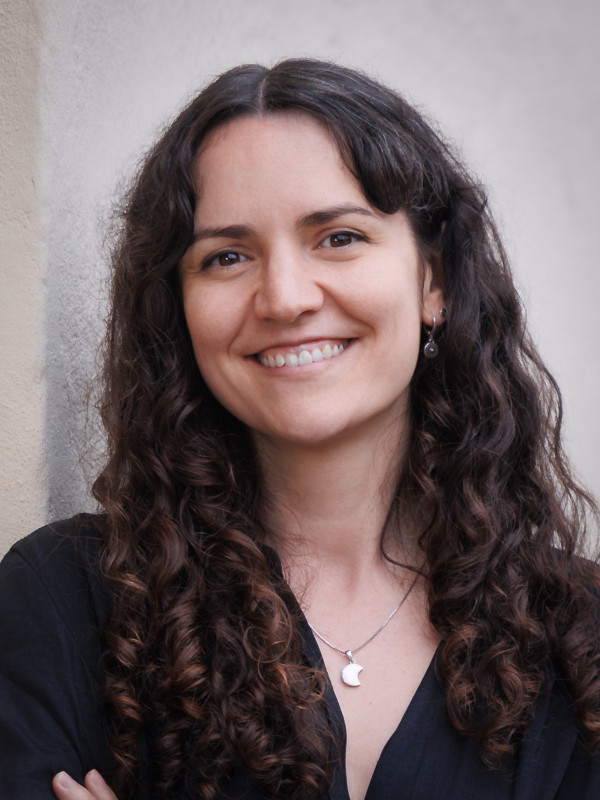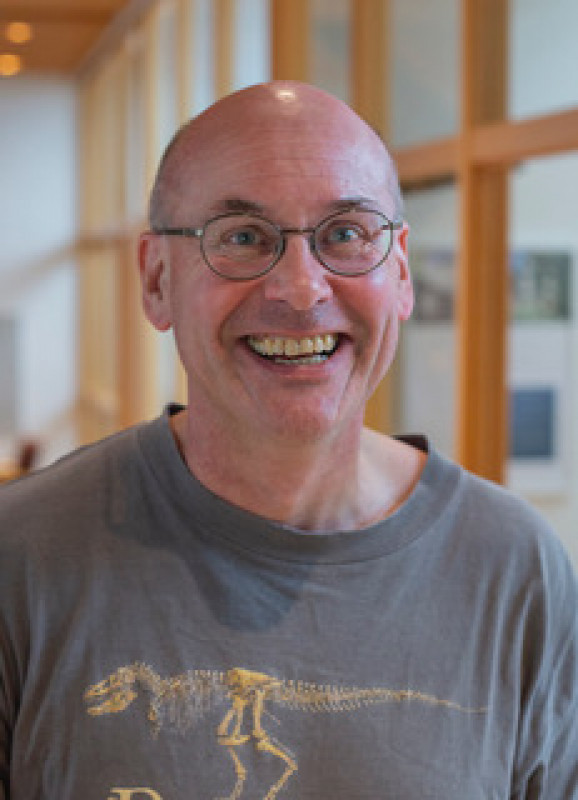News
2026-02-16
New Publication: The neural basis of imagination: An evolutionary perspective
In a recent paper published in Neuroscience & Biobehavioral Reviews, KLI fellow Oryan Zacks, along with Eva Jablonka, discusses the evolution of neural structures related to imagination. (click on title to continue)
2026-02-16
New Publication: Did energy costs of walking limit the evolution of a larger human birth canal?
In a recent publication in Proc Biol Sci, KLI senior fellow Katya Stansfield and KLI president Philipp Mitteroecker, together with colleagues, discuss the influence of muscle fatigue on pelvic evolution. (click on title to continue)
2026-02-16
Outreach: Waren unsere Vorfahren Zweibeiner? [transl. as: Were our ancestors bipedal?]
KLI senior postdoc fellow Anne Le Maître gave an invited presentation at the Natural History Museum Vienna on the topic "Waren unsere Vorfahren Zweibeiner? Was wir aus dem Innenohr lernen können" (click on title to continue)
2026-02-16
Welcoming David Cortés García to the KLI
We are delighted to welcome our new Postdoctoral Fellow, David Cortés García, to the KLI. David is a philosopher of biology, interested in theoretical biology, organism-centered approaches, and evolutionary developmental biology. At the KLI, he will work on his project “Expanding Biological Reproduction: Towards an Organismal and Relational Framework.”
2026-02-16
New Publication: Over the edge: Empirical evidence for the cliff-edge model of obstetric selection
A recent paper co-authored by Barbara Fischer and Philipp Mitteroecker applies the cliff-edge model of obstetric selection to real-world data and illustrates how medical interventions can alter evolutionary dynamics. (click on title to continue)
2026-01-30
New Publication: Environmentally dependent developmental induction as a potential driver of heart evolution
In a recent publication in the Journal of Experimental Biology, Nina Kraus introduces a theoretical model proposing that environmental cues during embryonic development play an active role in shaping heart evolution. (click on title to continue)
2026-01-19
O Theory Where Art Thou? The Changing Role of Theory in Theoretical Biology in the 20th Century and Beyond
Jan BAEDKE (Ruhr University Bochum), 2026-01-29 15:00 (CET). Please join our colloquium via Zoom!
2026-01-15
New Publication: Continual Decision-Making Dynamics Across Biological Organisms
In a recent paper, KLI fellow Liberty Severs, along with Qiuran Wang, introduces a framework for characterising decision-making as a kind of history-dependent regulation to better account for its distributed, decentralised, and non-representational forms. (click on title to continue)
2026-01-14
Welcoming Sanjay Narayanaswamy to the KLI
We are pleased to welcome our new Writing-up Fellow, Sanjay Narayanaswamy, to the KLI. Sanjay is currently a PhD student at the University of Vienna in Prof. U. Technau´s lab. At the KLI, he will work on his project “Notch Coordinates Concurrent Germ Layer and Axial Polarity Self-Organization in Cnidarian Gastruloids.”
2026-01-14
Welcoming Carrie Figdor to the KLI
We are happy to welcome our new Visiting Fellow, Carrie Figdor, to the KLI. Carrie is a professor of philosophy at the University of Iowa and an honorary professor of philosophy at the University of Edinburgh. Her KLI project is titled “Biological Modality and the Mind/Body Problem.”
2026-01-12
On Experimental Models of Developmental Plasticity and Evolutionary Novelty
Patricia BELDADE (Lisbon University), 2026-01-15 15:00 (CET). Please join our colloquium via Zoom!
2026-01-08
The KLI is now on Bluesky!
Follow us on Bluesky for updates from the KLI and the journal Biological Theory.
2026-01-05
Embodied Rationality: Normative and Evolutionary Foundations
Enrico PETRACCA (KLI), 2026-01-08 15:00 (CET). Please join our colloquium via Zoom!
2025-12-22
Season’s Greetings and Happy New Year!
The staff and the fellows of the KLI wish you a joyful holiday season and a happy New Year!
2025-12-19
Biological Theory’s December issue is out
Biological Theory’s December Issue 20(4), featuring a Thematic Issue on “The Concept of Lineage in Biology,” is out now, with free reading links for all the articles. (Click on title to read more.)
2025-12-09
Chance, Necessity, and the Evolution of Evolvability
Cristina VILLEGAS (KLI), 2025-12-18 15:00 (CET). Please join our colloquium via Zoom!
2025-12-02
New Publication: Special issue of the Bulletins et Mémoires de la Société d’Anthropologie de Paris (BMSAP): Mortuary practices and social inference
KLI fellow Anne Le Maître, along with colleagues from the Société d'Anthropologie de Paris, coordinated a special issue of the journal BMSAP on the topic "Mortuary practices and social inference.” (Click on title to continue)
2025-11-18
Outreach: „Was wir wissen“– the new podcast from the FWF magazine scilog
Barbara Fischer (KLI Group Leader for Evolutionary Biology) was interviewed for the first episode of the new podcast “Was wir Wissen” [transl. “What we know”] from the FWF magazine scilog. (Click on the title to read more.)
2025-11-12
Rates of Evolution, Time Scaling, and the Decoupling of Micro- and Macroevolution
Thomas HANSEN (University of Oslo), 2025-11-20 15:00 (CET). Please join our colloquium via Zoom!
2025-11-07
Worshop Report: Urban Evo-Devo: Starting the Glossary
The workshop, “Urban Evo-Devo: Starting the Glossary” (1-3 Oct 2025) marked the beginning of a dialogue on transferring knowledge between evolutionary developmental biology and urban morphology. It was organized by Sergio Porta (University of Strathclyde, Glasgow) & Philipp Mitteroecker (KLI & University of Vienna). The workshop featured a series of introductory presentations, followed by discussions aimed at developing a shared glossary to unify definitions and concepts from both disciplines. Participants also outlined concrete steps to advance the project. (Click on title to read more.)



